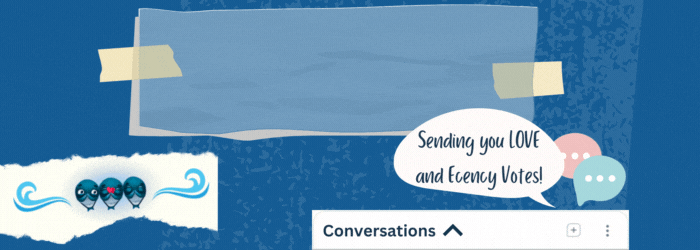Access to clean water

For our everyday well-being and daily existence, clean water is vital. However, a lot of the time the water that gets to our houses is not as safe and pure as we believe. We must all take extra precautions to guarantee that the water we consume or drink is actually clean.
We must first comprehend what taints or renders water unfit for human consumption. Water sources can get contaminated with germs, chemicals, metals, and other pollutants due to a variety of factors, including industrial pollution, agricultural runoff, and rusted water pipes. Our health may suffer even from excessive amounts of chlorine applied as a remedy.
An excellent way to counter this is by equipping our homes with a high-quality water filter. filters that get rid of impurities like germs, lead, and chlorine
For extra protection, water purifiers or distillers go to an even deeper level of cleaning compared to normal filters. Ultraviolet light purifiers kill bacteria, while reverse osmosis systems catch almost all contaminants. But these can be expensive to set up and maintain.
If you can't afford fancy purifiers, the simplest and cheapest solution is to just buy bottled water for drinking and cooking. Many bottled waters undergo multi-stage cleaning processes to meet strict standards. Just check the packaging details to know the treatment method used.
The downside to bottled water is the plastic waste and high cost when buying many bottles every week. To reduce expenses, reusable large water dispenser bottles are a good option. But the water source still needs to be reliable, and the bottles get disinfected regularly.
For those dependent on tap water due to lack of money or resources, boiling the water is an important step to kill any germs. Adding a small pinch of salt after boiling will give it minerals to taste better than plain water.
Lastly, if you have a borehole, well, or other private water source, regularly testing the water quality with a home kit or professional lab is crucial. That way you'll know if any special filters or treatments are needed to keep the water safe.
Overall, the cleanest and safest water is worth whatever money or effort it takes to obtain. Even basic steps like boiling or using simple filters will prevent many illnesses and diseases that dirty water causes.
As individuals, communities, and nations, we need to prioritize having reliable access to clean, treated water for drinking and everyday use. Our health, energy levels, and bright futures all depend on getting this basic human need met properly. No excuse is too much for this important matter.
In addition to taking steps at the household level, we must also push for wider systemic changes to improve water quality and accessibility on a larger scale. Access to clean water is a basic human right that still goes unmet for billions globally.
In many developing nations, aging infrastructure and lack of investment leave municipal water treatment facilities ill-equipped to properly filter contaminants. This leads to waterborne disease outbreaks that disproportionately impact poorer communities without alternative options.
Industrialized nations are not exempt either. The drinking water crisis in places like Flint, Michigan exposed how communities of color get overlooked when it comes to providing a basic necessity. Outdated lead piping poisons thousands of children each year across America.
To achieve the United Nations' Sustainable Development Goal of clean water and sanitation access for all by 2030, major funding increases are required. Governments, corporations and philanthropists must step up contributions for water infrastructure improvement projects worldwide.
But money alone is not enough - we need scientific and technological innovations to create more efficient, affordable water purification and desalination solutions. Prizes and incentives could spur research into filtration membranes, chlorine alternatives and other cutting-edge treatment methods.
Water conservation is also key, as rising populations and Climate Change drought conditions strain limited freshwater reserves. Everything from individual habits to industrial processes should be re-engineered to dramatically reduce consumption and waste through recycling grey water.
Indigenous communities have practiced sustainable water management principles for centuries that modern society can wise up to adopt as well. Respecting environmental protections of watersheds and incentivizing farmers to reduce fertilizer runoff are impactful common-sense policies.
Perhaps most critical is educating the public - especially youth - about the importance of clean water access as not just an environmental issue, but one of social justice, equity and human rights. Mobilizing citizens leads to political willpower for prioritizing this crisis.
The solutions are there from a technical and governance perspective. What's needed now is the conviction from all of humanity that resolving the clean water crisis is not just a policy priority, but a sacred non-negotiable that preserves our collective right to health, dignity and prosperity.
When we view access to clean, affordable water as the invaluable precious resource it is, we'll finally match our actions to that ethos. Only then can we ensure water's life-giving essence does not become further deprivation and conflict - but rather the great connector that unites all people in shared sustainability and peace.
Thank you so much for reading my post
